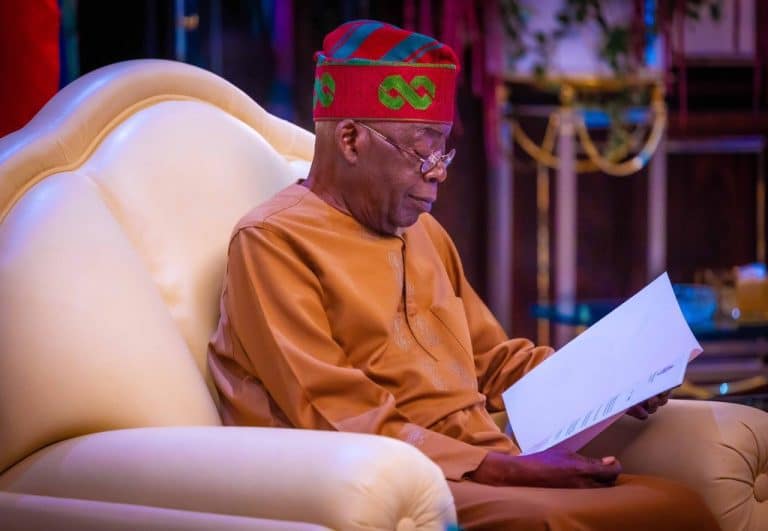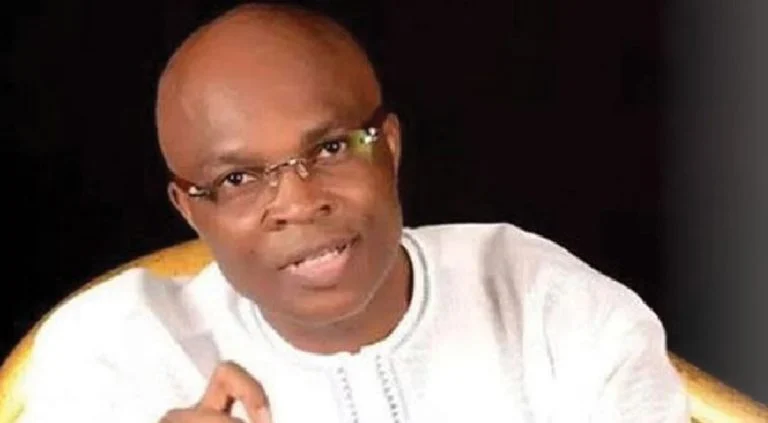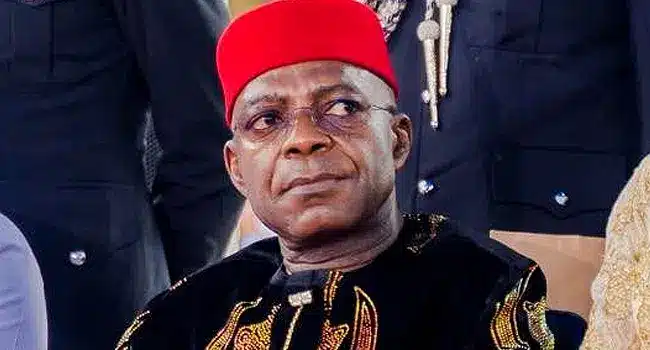Former Minister of State for Housing and Urban Development Abdullahi Tijjani Gwarzo expresses dismay over President Bola Ahmed Tinubu’s choice for his replacement, terming it a political blunder.
Naijawebinfo recalls that President Tinubu recently replaced Gwarzo and four other ministers in a cabinet reshuffle, sparking debate about the motives behind the changes.
In a BBC Hausa service interview, Gwarzo shared his thoughts on his dismissal, stating that it wasn’t performance-related but rather a result of political maneuvering by certain party leaders in Kano.
Gwarzo pointed out that he was caught off guard, as he hadn’t been accused of any wrongdoing or poor performance. He emphasized that his role as a minister of state was largely supportive, with the senior minister handling most of the responsibilities.
The President had informed him beforehand that the reshuffle was necessary to achieve political balance in Kano North. Gwarzo questioned this rationale, suggesting that the President’s explanation didn’t ring true.
“The President explained that Kano North had too many political appointees, and adjustments were needed to achieve balance. However, we provided our input, but it was disregarded,” Gwarzo said. “That made me suspect there were underlying influences at play.”
Gwarzo argued that Nasiru Gawuna, the All Progressives Congress (APC) gubernatorial candidate in the 2023 election and a key leader in Kano Central, would have been a more logical choice for the appointment.
Gwarzo expressed confusion as to why Gawuna was overlooked, especially given similar appointments in other states where former gubernatorial candidates were given significant roles.
Gwarzo emphasized that if the ministerial position was intended for Kano Central, Gawuna should have been the first consideration. If he declined, the position should have gone to someone else.
Gwarzo pointed out that Gawuna’s current political standing might not be sufficient to effectively manage his political structures, unlike his counterparts from Plateau and Zamfara states who were appointed to strategic roles.



